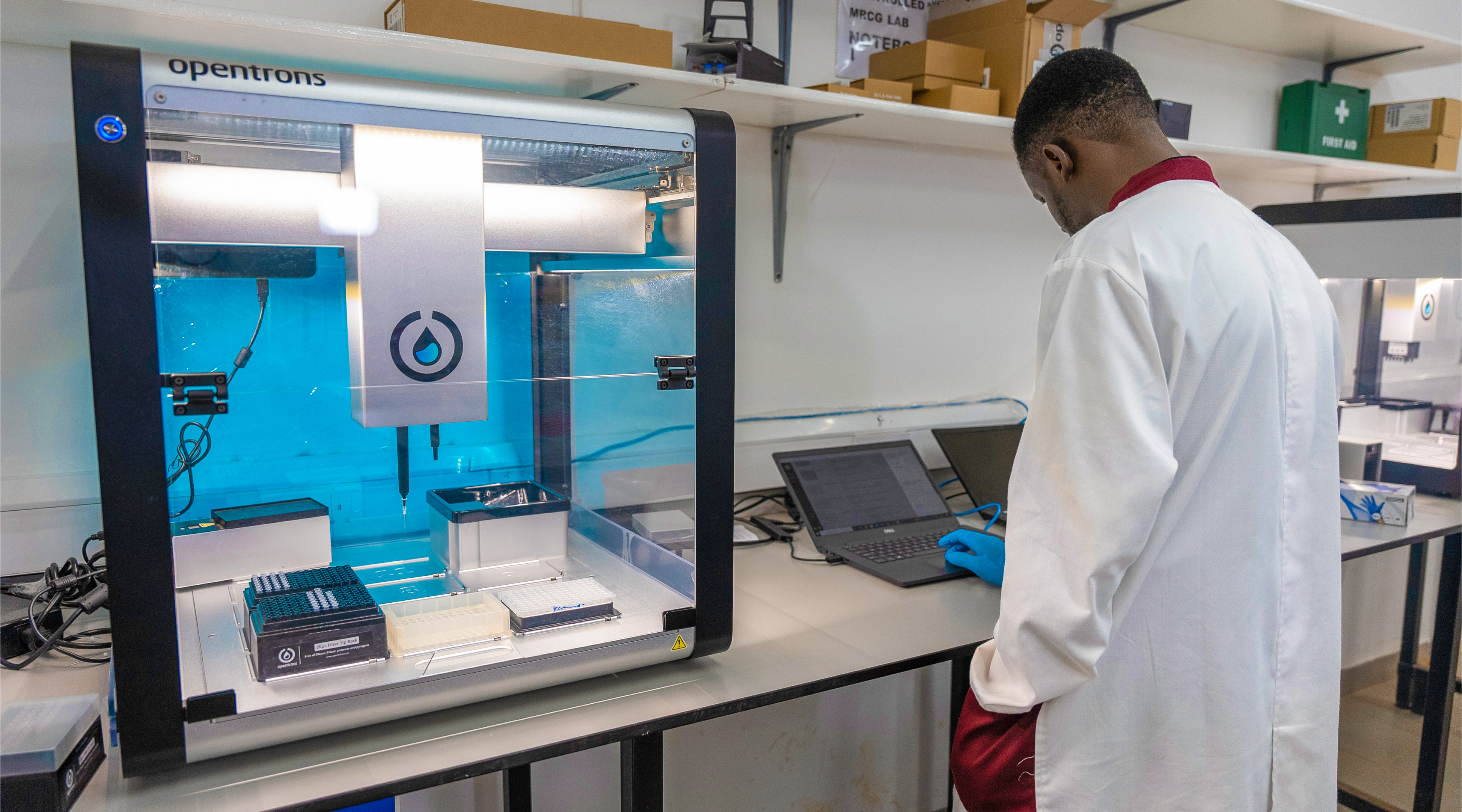Who we are
The MRC Unit The Gambia (MRCG) is one of two research units established in sub-Saharan Africa by the Medical Research Council UK and is the MRC's single largest investment in medical research in a low and middle income country. MRC Unit The Gambia at the LSHTM represents an outstanding concentration of scientific expertise and high quality research platforms in West Africa. The Unit's investigator-led research is underpinned by the combination of excellent laboratory facilities and easy access to the field with well-defined populations that are highly supportive of our research. It provides excellent clinical services, upholds rigorous ethical procedures and has been delivering GCP-compliant clinical trials. Our portfolio covers research and evaluation of interventions for disease control among populations in sub-Saharan Africa.
What we do
MRCG has been in The Gambia for more than 75 years delivering research aimed at reducing the burden of illness and death. The research portfolio is structured into three broad themes - Disease Control & Elimination, Nutrition & Planetary Health and Vaccines & Immunity. Each of these three themes has specific objectives, areas of research and expertise.
MRCG also brings world-class career development opportunities to Africa for early and mid-career professionals, training and nurturing the next generation of scientists in the region to improve health and save lives through research. It covers specialised areas such as data science technology, genomics, biomedical engineering and medical statistics among others.
Vision
The Unit's vision is to lead health research in West Africa to save lives and improve health across the world.
Our scientific vision is to contribute to the post-2015 sustainable development agenda by producing evidence-based research to improve health in West Africa and beyond.
More specifically, the Unit will:
- contribute to the control of infectious diseases of public health importance in West and sub-Saharan Africa;
- address the unacceptably high burden of maternal and neonatal mortality;
- design and implement next generation interventions against nutrition-related diseases through discovery science; and
- strengthen research on non-communicable diseases.
Where do we receive our funding?
We receive core funding from the UK Government which supports infrastructure and ensures sustainability in retaining excellent scientists. The Unit also competes for additional funding from external donors which provide funding for the majority of our research projects.
Stable core funding of The Gambia has contributed enormously to the Unit's success and continued technical assistance to the Government of The Gambia.
Newsletter
MRC Unit The Gambia at LSHTM releases a periodic newsletter 'Our Science' that communicates the Unit’s key achievements, research updates, and other important information.

